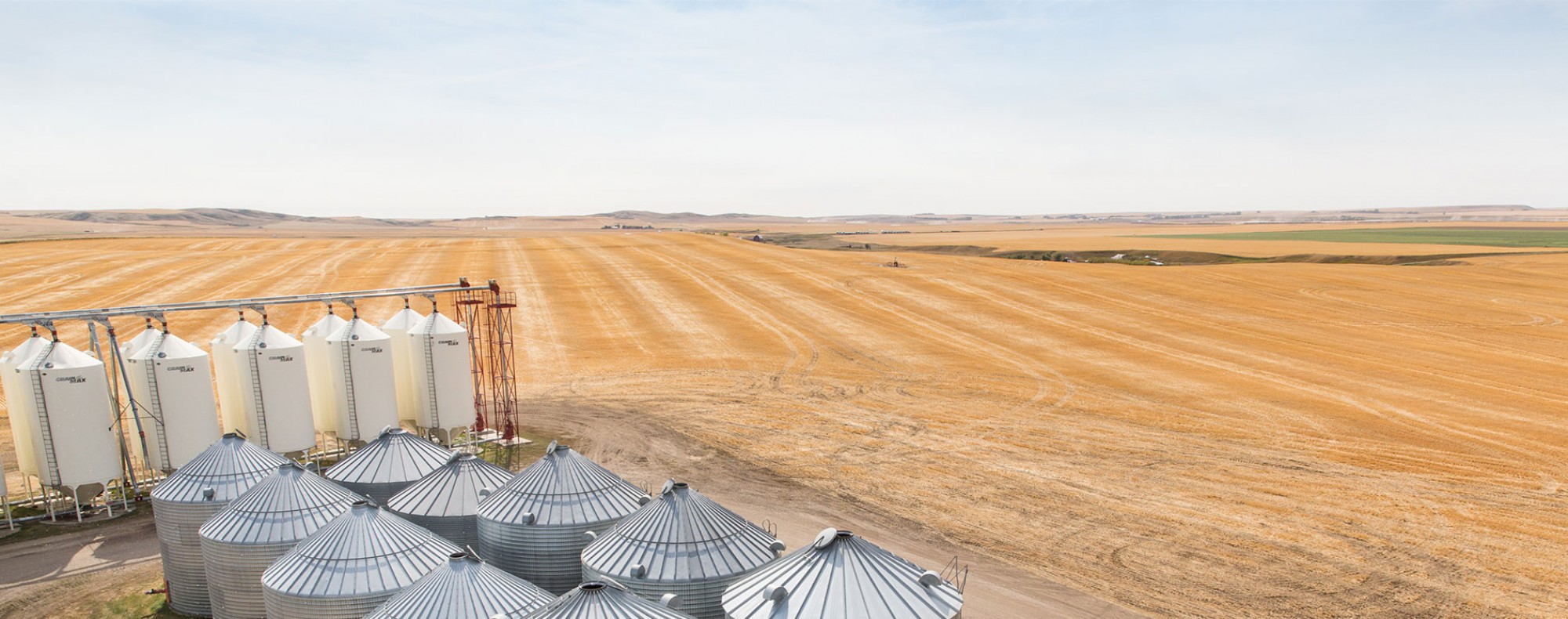Revisiting the Value of Early Fungicide Applications in Wheat
AWC contribution: $48,770
Summary:
Fusarium head blight and leaf diseases have become a serious threat to Alberta wheat growers. To manage leaf disease, some growers apply a sub-lethal rate of fungicide tank-mixed with herbicide at early growth stages. Growers consider this as a convenient, low-cost practice, but previous studies have found that it does not produce significant yield or economic benefits. Overtime, this practice can accelerate fungicide resistance and make current fungicide tools ineffective. In 2018 and 2019, field research trials will be conducted throughout Alberta in four locations (Bon Accord, Barrhead, Red Deer, and Lethbridge). There were 13 treatments that examine the yield and quality benefits of: fungicide rates; application timings (single, dual and triple); and the performance of various fungicide modes of action. The treatments are applied to two Canadian Western Red Spring (CWRS) wheat cultivars, AAC Brandon and AAC Viewfield that have different genetic resistance to leaf diseases and fusarium head blight. A key component of the project is extension messaging to promote good fungicide stewardship principals.
Objectives:
The objectives of this study are:
- Provide updated information to growers on the economic value of yield and or quality advantages associated with early (GS 13-15, 3-5 leaf stage or GS 30-32, beginning of stem elongation) fungicide applications vs GS 39 (flag leaf) and or GS 61-63 (FHB timing, beginning of flowering to 30% of heads in full flower) application on newly registered CWRS wheat cultivars grown under high input agronomic management.
- Determine if new modes of action, with longer residual periods, are conferring any yield or quality advantages associated with early (GS 13-15, 3-5 leaf stage or GS 30-32, beginning of stem elongation) fungicide applications on newly registered CWRS wheat cultivars grown under high input agronomic management.
- Promote fungicide use recommendations for growers that ensure good stewardship principals to prevent the development of fungicide resistance.
Benefits to producers:
- Preventing fungicide resistance: Leaf diseases and fusarium head blight (FHB) are becoming a serious constrain to wheat grower’s productivity and profitability in Alberta. Fungicide use has become a very typical practice to help manage leaf disease and FHB. However, unnecessary and improper fungicide use will contribute to the development of fungicide resistance and prevent these important agronomic tools from being effective in situations where disease will cause devastating yield and quality losses. This project will provide additional, current research and a strong extension component to educate growers and agronomists about the importance of good fungicide stewardship principals. We will promote research based evidence and good stewardship principals, along with holistic disease management, to ensure that existing fungicide modes of action remain as a viable management tool for as long as possible. In the 2018 growing season, there were 4 field tours of the trial, reaching 252 people and in the fall/winter trial findings were presented at 10 meetings to an audience of 490 individuals.
- Increase farmer efficiency and increase yields: As Plant Growth Regulators (PGRs) become more frequently used in western Canadian cereal production, producers will be looking for means to tank mix PGRs and fungicides to reduce the number of passes they make over the field. This study will test the combined application of PGRs and fungicides at GS 30-32.
- Unbiased, third party research on newly registered wheat cultivars, grown under high input agronomic management on the yield, quality and economic benefit of new fungicide products.
Bio:
Sheri Strydhorst, Ph.D. is a cereal agronomic research scientist, Livestock and Crops Research Branch, Alberta Agriculture and Forestry, Barrhead, Alberta. Her work focuses on enhancing the profitability and competitiveness of Canadian agricultural crop producers. She works on advanced agronomic practices including: nitrogen fertility, plant growth regulators and foliar fungicides. Her most interesting work involves studying different responses of these agronomic practices on various wheat cultivars. Sheri Strydhorst focuses on extension of her applied research so that it can be implemented on-farm. She is also an adjunct professor at the University of Alberta - Department of Agricultural, Food and Nutritional Science Faculty of Agricultural, Life and Environmental Sciences. Sheri authored or co-authored 11 peer-reviewed papers and has made over 100 invited presentations at producer meetings. Sheri Strydhorst was raised in St. Albert, Alberta, but now farms with her husband, Shane in Neerlandia, Alberta.
